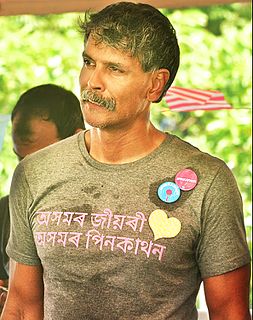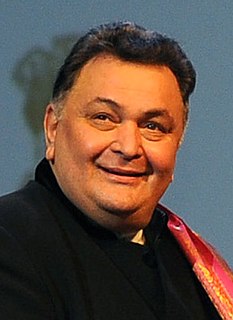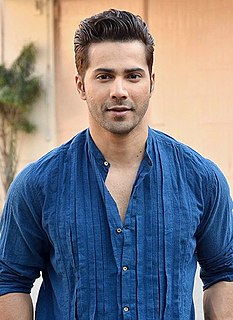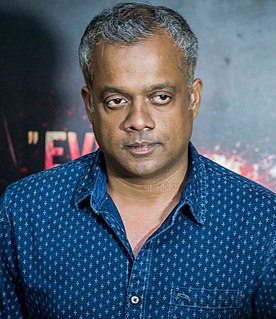A Quote by Milind Soman
I want to work with people who have new visions of cinema.
Related Quotes
I don't want to be an art-house movie guy, where people who go to film school can discuss your work, but people who haven't studied cinema can't appreciate it. By the same token, I don't want to be the guy who's making this commercial pap that people lap up but that disappears the minute you leave the theater.
The essay community should have hundreds of anthologies from hundreds of different perspectives that are constantly introducing us to new writers, new work, and new visions for our genre. The whole spirit of these anthologies is that there should never be a last word in how essays are interpreted or what they can be.
Without a doubt, I was born to want to make cinema, but the kind of cinema I want to make is not like commercial movies, which I enjoy myself, but I wanted to be the kind of filmmaker who wrote original work, sort of like a novelist would who deals with who we are and our times or our relationships.
The dreams and the visions of the Israeli founding fathers, these were very very ambitious dreams. They were world reformers. They wanted to create a new and improved kind of humanity, or at least, a new and improved Jewish society, a new and improved Jewish individual human being here. The whole Zionist project was based on a whole spectrum of different and even conflicting dreams and visions.
People are offering competing visions of what happened in the past. And the justice system is willing to accept either of those competing visions and to impose consequences as a result. When you think of it that way, it's a little bit startling, because we want to believe that there is one truth and, therefore, one justice, whereas, if you have practiced law as long as I have, you realize that there is actually a range of acceptable outcomes.










































